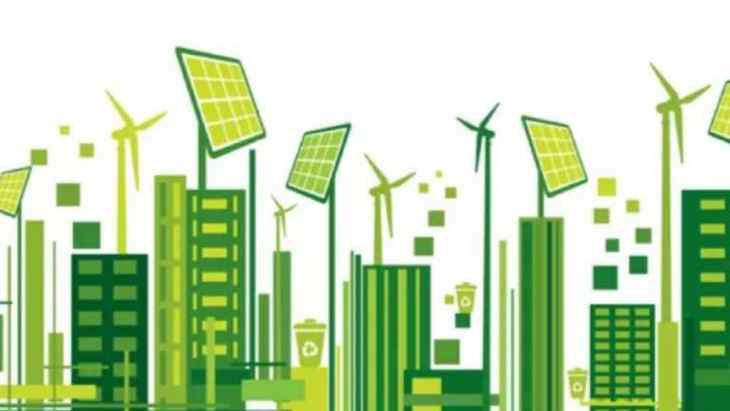Building renovation works will have to take into account, starting from mid-February, the new legislative provisions regarding the energy certification of buildings according to nZEB standards. According to the new regulations, 30% of the energy consumed by an nZEB building must come from renewable sources and, at the same time, the CO2 emission level of the building must be extremely low. On the other hand, building beneficiaries fear that these new regulations will lead to increased costs of energy certification and auditing.
“If a project started before the effective date of that order, then it will be conducted on the old calculation and analysis procedures. We are not talking about new buildings here. However, if the project starts from February 15 or 16, 2023, it will be based on the new regulations”, said Cătălin Lungu, PhD engineer university lecturer at UTCB and president of the Order of Energy Auditors from Romania (OAER, at EnergynomicsTalks.
A building will be certified as nZEB by an energy auditor, who will have an extremely important role throughout the construction or renovation of a building. In Romania, approximately 2,000 energy auditors for buildings are accredited, but only half of them are active.
According to Lungu, this number is sufficient for the needs of the domestic market. However, given the massive influx of money in this sector, “there is room for others”.
According to Lungu, Europe will not be able to reach its clean energy targets imposed by the European Commission without reducing the consumption of buildings by 40% by 2030 if no action is taken on the stock of existing buildings, where the lowest energy efficiency is recorded.
ALSO READ A new start for the energy performance of buildings – Mc001/2022 has been approved
In fact, over 75% of the building stock in Europe is energy inefficient, and according to statistics, 40% of energy consumption in Europe comes from buildings.
“Now, we have a regulation that clarifies a very important aspect of Romanian law, the one related to nZEB buildings, with almost zero energy consumption. Until now there was a lot of confusion about the definition of nZEB and who is responsible for certifying buildings from this point of view. Now it’s clearer and legal regulations will no longer be circumvented,” added Lungu.
The new form of the methodology Mc001 will gradually enter into force so that, during this period, the energy auditors will be able to adjust to the new procedures for calculating the energy consumption of buildings.
ALSO READ The energy auditor will decide whether a building is green or not
From the perspective of renovating an old building and cataloging it according to nZEB criteria, methodologies for calculating energy consumption and CO2 emissions are also established.
In the case of renovations, a series of mandatory conditions and limits are stipulated. Thus, even during the renovation works, certain energy consumption will not be exceeded. In a certain sense, the renovation of a building will be equivalent to its modernization.
“The calculation of CO2 emissions is done monthly, it can also be done hourly, but that is probably something for the years to come, after the technology will show its benefits. A performing building means that it consumes little energy, and of this reduced level, a large part comes from renewable sources”, said Lungu.
ALSO READ Essential changes in the new form of the energy performance certificate for buildings
According to Lungu, the renovation works will represent “an extremely extensive area” in the EU and Romania, also taking into account the significant volume of funds available for energy efficiency.
“It is an extremely dynamic field from all points of view. Money will be invested, especially public money, in those projects that perform. Little by little, we have to change the direction from the consumption of fossil resources to the consumption of renewable energy”, he said.
In his opinion, new buildings will be much better designed and built, and the consumption of clean energies will increase, because many consumers turn to photovoltaic panels, heat pumps, thermo-solar panels.
